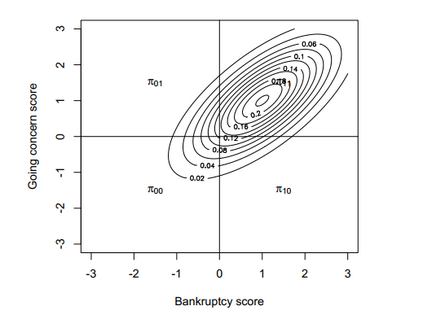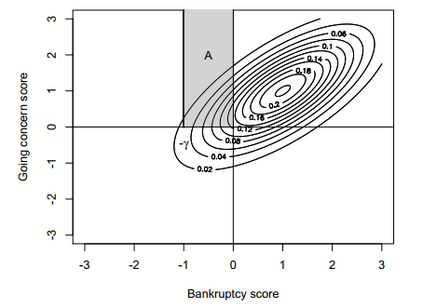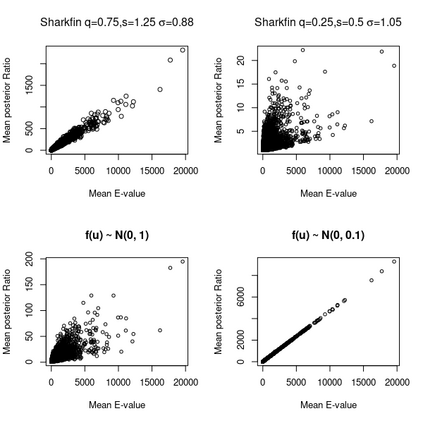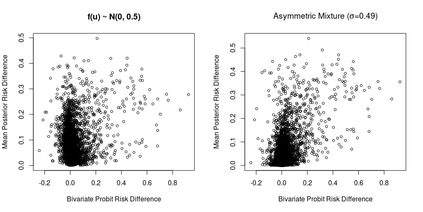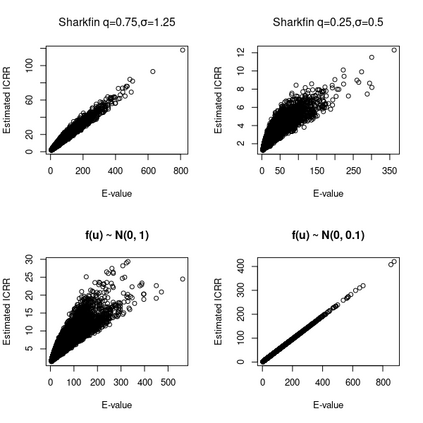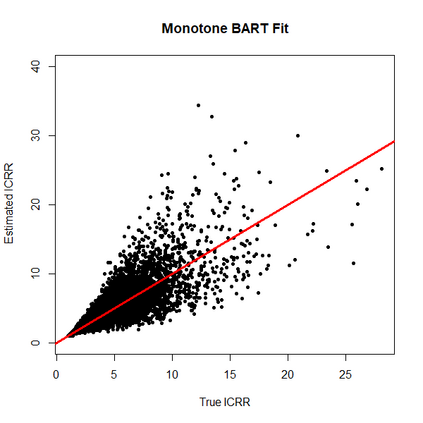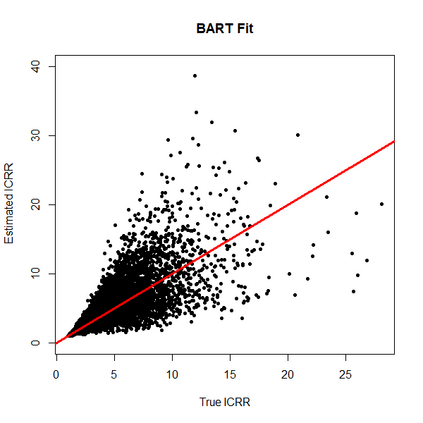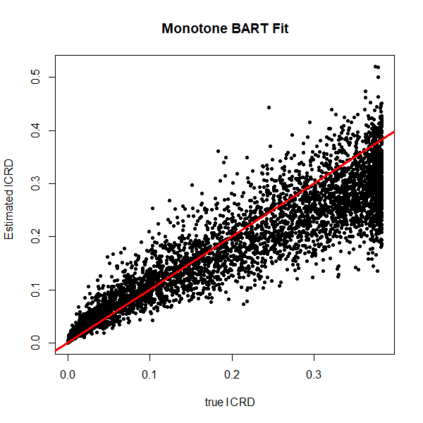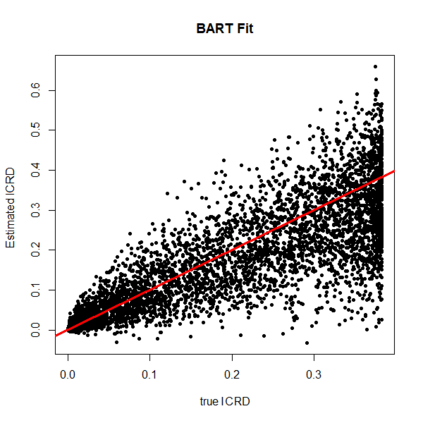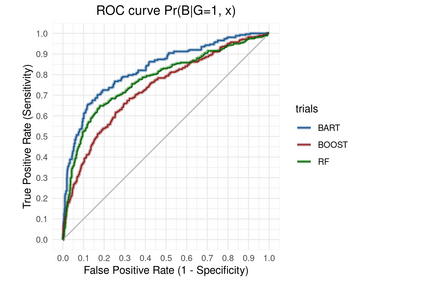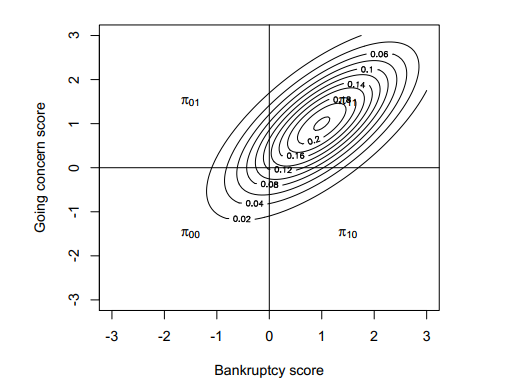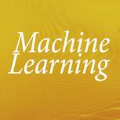It is widely speculated that auditors' public forecasts of bankruptcy are, at least in part, self-fulfilling prophecies in the sense that they might actually cause bankruptcies that would not have otherwise occurred. This conjecture is hard to prove, however, because the strong association between bankruptcies and bankruptcy forecasts could simply indicate that auditors are skillful forecasters with unique access to highly predictive covariates. In this paper, we investigate the causal effect of bankruptcy forecasts on bankruptcy using nonparametric sensitivity analysis. We contrast our analysis with two alternative approaches: a linear bivariate probit model with an endogenous regressor, and a recently developed bound on risk ratios called E-values. Additionally, our machine learning approach incorporates a monotonicity constraint corresponding to the assumption that bankruptcy forecasts do not make bankruptcies less likely. Finally, a tree-based posterior summary of the treatment effect estimates allows us to explore which observable firm characteristics moderate the inducement effect.
翻译:人们广泛猜测,审计师对破产的公共预测至少部分是自我实现的预言,即它们实际上可能造成否则不会发生的破产。然而,这种推测很难证明,因为破产预测和破产预测之间的紧密联系可能只是表明审计师是技能高超的预测员,能够独到高预测性共同变数。在本文中,我们利用非对称敏感性分析调查破产预测对破产的因果关系。我们将我们的分析与两种替代方法作对比:与内生反制者形成线性双轨比模型,以及最近开发的关于风险比率的约束,即E值。 此外,我们的机器学习方法包含一种单一的制约,与破产预测不会降低破产可能性的假设相对应。 最后,基于树的后世效应估计让我们探索哪种可观察的固态特征能抑制诱惑效应。

